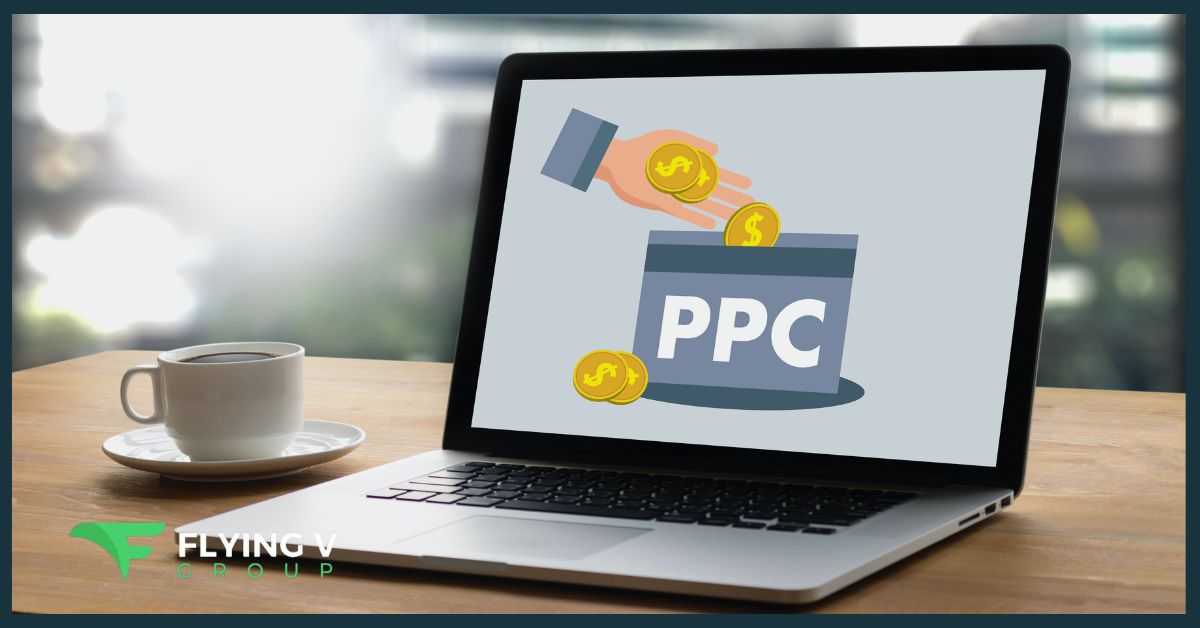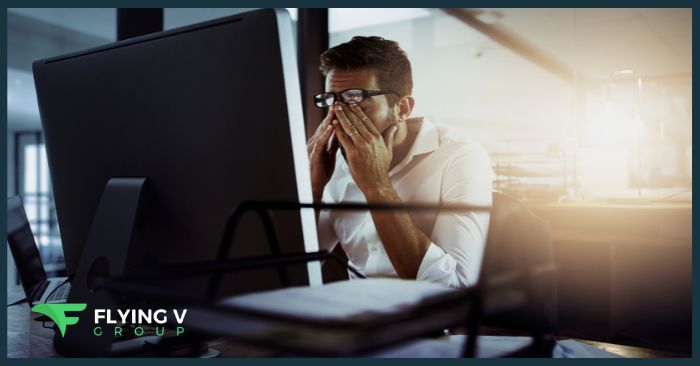Digital marketing is booming like never before and is becoming more important than other forms of marketing. It provides a very high ROI as compared to marketing on Television or billboards. This makes Digital Marketing a go-to option for firms of all sizes, ranging from startups to big corporations.
The other advantage is that it provides data that can be used to analyze the results and improve the marketing process. SEO(Search engine optimization) and PPC(Pay-per-click) are both forms of digital marketing. In this blog, we will have a close look at what they are and which one is better for your business.
Let’s get started with what SEO & PPC basically is.
What is SEO?
SEO is a set of practices that are meant to optimize web pages or websites for the goal of ranking higher on search engines like Google. This involves improving the appearance, positioning, and usefulness of different types of content like text, videos, images, or graphics.
The main objective of SEO is to improve as well as increase the visibility of websites on Search Engine Result Pages(SERPs) and increase traffic to the website.
There are primarily two types of SEO, which are on-page and off-page SEO.
On-page SEO is for all the content on your website, including text, images, graphics, and videos. It includes internal linking and publishing blog posts.
Off-page SEO is about backlinks from other websites, social media engagement, and local directory listings.
What is PPC?
PPC is a model of Digital advertising wherein the advertiser pays a fee each time one of their ads is clicked. This means the company is paying for targeted visits to your website, app, or landing page.
When executed correctly, it can give a very high ROI if the click results in a big sale because you have to pay very little for each click. PPC ads are also of different types, which include text, graphics, videos, or a combination of them. They can appear in search engines, websites, or social media platforms.
The components of PPC include keywords, ads, bids, quality scores, and landing pages.
“The Search Advertising market is the biggest market within Digital Advertising. The worldwide revenue of USD 279 billion in 2023 is expected to grow to USD 417 billion in 2028” – Statista
Now, after seeing what SEO and PPC are, let’s compare them to know which is better for your business.
Comparison of SEO & PPC
Cost Involved
SEO is considered to be cost-effective in the long run but requires an initial investment in terms of content creation, website optimization, and purchasing tools. However, once the website achieves a good ranking in search results, it will generate organic traffic without incurring any additional cost per visitor.
On the other hand, in PPC, you will have to pay for each click, whether that results in a conversion or not. It can get you immediate traffic, but the long-term costs can be higher, especially if you operate in highly competitive industries.
Traffic
SEO brings consistent traffic over time with ongoing optimization, and the quality is also high as these are users who are genuinely searching for specific products or services. PPC will also generate significant traffic, but it is a mixture of casual browsers and genuine buyers. This mixture depends on the platform/s on which the users are being targeted.
Return on Investment
As the traffic obtained using SEO is more consistent and comprises mostly genuine buyers, it has a higher conversion rate. However, the time required to get these conversions may be longer, as ranking higher organically takes time.
PPC can give quicker ROI as ads targeted at specific segments result in conversions, but you need to take into account the total cost of clicks, whether converted or not converted.
Flexibility
It is obvious that PPC offers more flexibility in terms of targeting, costs involved, and scheduling. Based on the performance of your advertisements, you can make adjustments to the image, graphics, position on web pages, or target audience.
In the case of SEO, the flexibility is limited as the results take a very long time to manifest, and frequent changes are not recommended.
Which One is Better for Your Business?
As we have already seen, PPC and SEO are both forms of Digital Marketing and have their own advantages and disadvantages.
So, to say which is better for your business is purely a subjective question. The answer depends on your business products/services, the area in which you are operating, and your customers.
You can make the decision depending on the parameters which we will be discussing now.
Keywords Being Targeted
This is a very important parameter, as your choice of keywords will determine whether to go for SEO or PPC.
The best way to determine these keywords is by creating a User Persona by asking questions like:
- Who are your customers?
- Why do they buy?
- How do they buy?
Once you have answers to these questions, you can decide whether to go for SEO or PPC.
Size of Your Business
If you are a small business operating in a small geographical area and need only one or two good leads per week, SEO will serve your purpose.
On the other hand, if you are a large business, have multiple teams, and serve a large city or geographical area, you will need some PPC on top of SEO to ensure that you get enough orders to survive and thrive.
Invest Money or Time
The advantage of SEO is that it can be done internally within your business without any additional costs. However, this will take time, and you have to decide whether you have time to invest.
If you have additional money for promoting your business, then you can spend money on Pay Per Click(PPC) to generate leads quickly, which will be a better option.
So, you have to decide whether you have time or money to invest and accordingly make the decision of going for SEO or PPC.
Another Option…
SEO & PPC Both
In most businesses, the best approach will not be either SEO or PPC but both SEO & PPC, which are strategically matched to work together.
The advantage of running both SEO & PPC together is that the keyword and conversion data from PPC can be fed into SEO or organic search.
Geographic areas which do not have good SEO coverage can be targeted with PPC. High-cost or high-volume keywords, which are low converting but important, can be moved from PPC to organic search.
After focusing on the initial organic search, you can go for remarketing via PPC. You can test your keyword strategy in PPC before going for long-term SEO strategies.
So, take your pick! However, you also need to be aware of the disadvantages of using each of them.
Let’s have a look at the disadvantages!
Cons of SEO
The biggest challenge that SEO presents is that it is highly competitive and is dominated by large companies with deep pockets. Content development can be difficult for small businesses or startups.
Link building, which is a vital part of SEO, is difficult and covered with bad information online. Search engine algorithm changes can lead to unexpected changes.
SEO tools that claim to be of great help can sometimes make matters worse.
Cons of PPC
The biggest disadvantage of PPC is that it is expensive and requires constant investment. It is easy to start with but difficult to master in the long run.
You need to set up everything correctly, which includes keywords, ads, and landing pages. You may have to get into bidding wars with other advertisers, which can further increase costs.
To be successful at PPC requires optimization and skilled management of monitoring bids and click-through rates.
“The average ad spending per internet user in the search advertising market is projected to amount to USD 52.4 in 2023” – Statista
What finally matters? Conversions…
For the uninitiated, conversions are the number of times a user performs a desired action on the website, like making a purchase or filling out a form.
It goes without saying that both SEO & PPC can be used to increase conversions.
If your PPC ads are optimized for conversions and targeted at some niche audience, then you can expect higher conversions than SEO alone.
On the other hand, if you have a well-optimized website with a strong SEO, then you will get higher conversions from organic traffic.
However, a good mix of both will maximize your conversions, as you will get the maximum traffic that is relevant to your product or service.
Wrapping Up
As we have already discussed, there is no fixed answer to which out of SEO or PPC is better for your business. Everything depends on your domain, business goals, the geographical area served, and your Digital marketing budget.
So, you can go for either of the two options or a combination of both after thoroughly analyzing your business. You can always make adjustments after seeing the results, and remember that what works today may not work a few months later.
Author Bio:
Victor Ortiz is a Content Marketer with GoodFirms. He likes to read & blog on technology-related topics and is passionate about traveling, exploring new places, and listening to music.






0 Comments